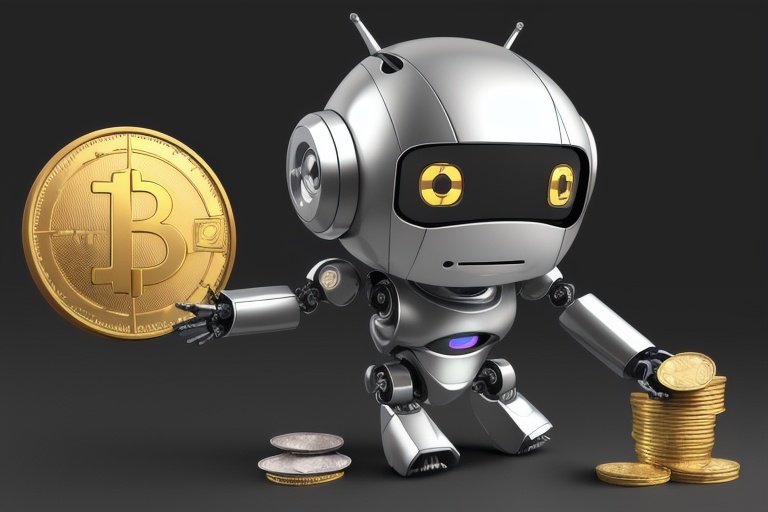Artificial intelligence (AI) is not just a buzzword but a catalyst for transformative change across numerous sectors, and the supply chain management is one of the prime beneficiaries of this technological marvel. By harnessing the ability to sift through massive datasets, AI infuses the supply chain with predictive insights, equipping professionals to make strategic and informed decisions.
Artificial intelligence (AI) is not just a buzzword but a catalyst for transformative change across numerous sectors, and the supply chain management is one of the prime beneficiaries of this technological marvel. By harnessing the ability to sift through massive datasets, AI infuses the supply chain with predictive insights, equipping professionals to make strategic and informed decisions.
AI-Powered Insights and Predictive Analytics
A significant aspect of AI in the supply chain is its predictive prowess. By examining historical data and factoring in various external influences, AI algorithms have the capacity to discern demand trends. This crucial information enables organizations to fine-tune their inventory levels as well as adjust their production schedules to align with predicted consumer demands.
Furthermore, an AI system's capability to foresee potential setbacks is one of the key value propositions for the supply chain industry. Whether it’s a looming natural disaster or an imminent transportation hitch, early detection through AI can prompt preemptive planning. Such proactive measures are vital to curtail the potential impact these disruptions could have on business operations.
Operational Optimization Through AI
Digging deeper into operational efficiency, AI technologies are instrumental in optimizing everyday tasks within the supply chain. They help in organizing warehouses, automating the picking process, and ensuring that logistics operate smoothly. By adopting AI, companies see a marked rise in productivity owing to the technologies' ability to allocate resources intelligently and manage inventory optimally.
Assistance at the Ground-Level: AI and Delivery Logistics
Switching focus to the granular level of supply chain management, AI stands as a crucial aid to delivery personnel. It comes into play by charting out the most economical and time-saving delivery paths. These AI-driven systems factor in variables like traffic congestion, weather, and delivery urgencies to calculate the best possible routes, thereby saving both time and fuel which in turn translates to cost savings and enhanced customer satisfaction.
The Broader Implications of AI in Business
Boarding the AI train, industries are noticing improved efficiency as a result of streamlined process automation. AI extends its influence to customer service, where it enables enhanced personalization, leading to a surge in customer satisfaction levels. In the realm of marketing, AI equips companies with sharper tools for campaign segmentation and targeting, emotional analysis of customer feedback, preempting fraudulent activities, and sharpening the supply chain.
In closing, AI stands as a formidable force in the modern business arsenal, offering a spectrum of applications that can fundamentally alter how companies operate. From the vast landscape of supply chain management to the personalized interactions with consumers, AI’s footprints are evident and continue to grow. It’s no longer merely an idea of the future but an essential, current-day utility that's setting businesses on the path to lasting success and market leadership.
For businesses ready to embrace the future, AI is not just a technological advancement. It is a strategic partner capable of guiding them through the competitive and ever-evolving marketplace. The evidence of AI's transformative power can be seen today in the streamlined supply chains, the targeted marketing strategies, and the enhanced customer engagements that are the new benchmarks for industry excellence. With AI, companies are not only equipped to face the challenges of today but are also being empowered to capitalize on the opportunities of tomorrow.
Information for this article was gathered from the following source.


